What do onions remind you of making Tears? If so, you are not alone!
However, onions are nothing to be wept over. These aromatic vegetables have loads of nutrients in them and can make you healthy!
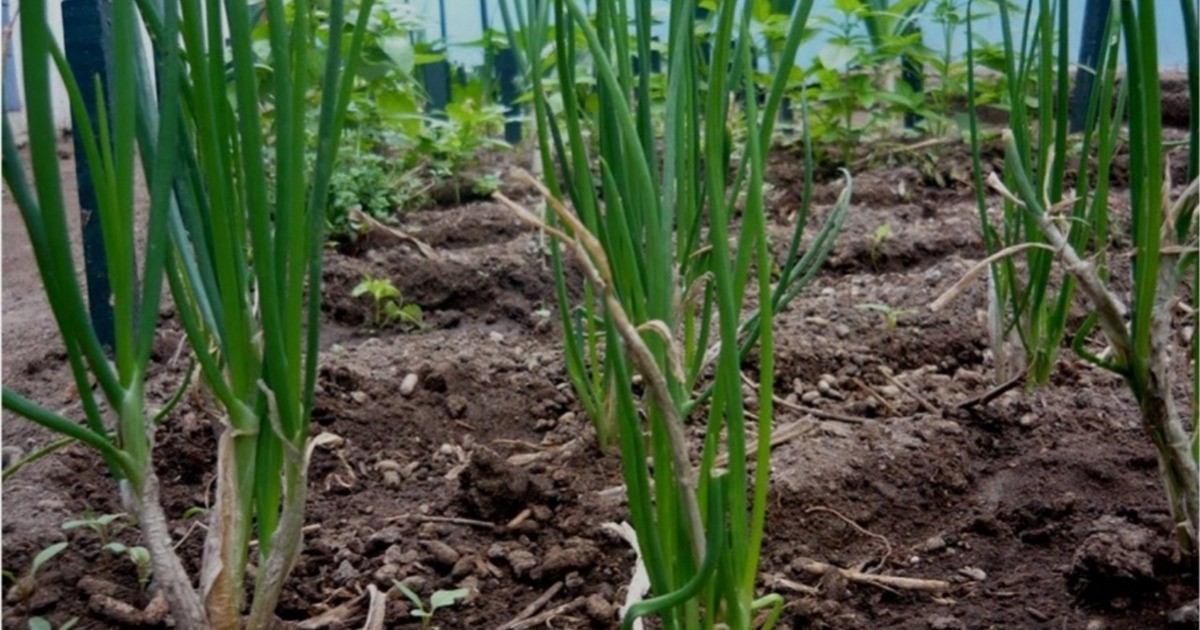
A healthy way of living will help you prosper throughout your life. Vegetables are the building block of a healthy lifestyle, and they are critical for your well-being as they offer some distinct medicinal benefits.
Out of all vegetables, onions are one of the most healthy ones. They belong to the herbal Allium genus and are the most cultivated vegetable among other species. They might make you weep, but in the long term, you’d smile.
Onions cultivate and consumed worldwide. Usually fried, but they can also be eaten raw and are used to make pickles and sauces. Moreover, onion has a great texture that is sharp and intense.
Continue reading to know in detail about the benefits of onion, and one thing is for sure, you will thank us after reading this blog.
The Origin and History of Onion in Ghana
The onion usually encountered in Ghanaian markets seems to be from the Upper Volta or Upper Region of Ghana. The variety is known as ‘Bawku’ because the town of Bawku is right across the border of Upper Volta as well as being a major trade center in Northern Ghana.
It was first grown at Bugri, near Bawku in the Upper Region’s Kusasi District, and then distributed to other parts of the Northern and Upper regions.
Nowadays, the crop is more cultivated as green onion than bulbs in large metropolitan cities in Ghana.
The ‘Bawku’ onion is easy to differentiate from that of other cultivars in Ghana. It looks small and has rich green leaves and powerful bulbs if it is mature.
Additionally, the size, shape, and color of the bulbs differ. The giant bulb is around 8 cm in diameter, and its color can be white, rose, purple, or red. It is somewhat spicy, preferable to conventional varieties.

Types of Onion and their uses
Fun fact: The presence of sulfur content is the reason why onions make you cry any time you use them for cooking. But it’s what gives them a taste as well. It’s a sassy vegetable, for sure.
There are several types of onions, and most of them are similar ways, but they all have their advantages and disadvantages. Some kinds of onion are as follows:
1. Yellow Onions
If you could only buy one kind of onion, yellow onions are the most flexible. They have the most spice when caramelized, and you can simmer them with garlic to use as a foundation in a variety of dishes.
However, they can be overpowering when eaten fresh, so leave your burger toppings to a white onion.
Yellow onions may also be roasted or grilled!
2. Sweet Onions
Sweet onions, as you would expect, are lovely. They have less sulfur than other types, so they don’t pack as much of a punch. They are also somewhat different in shape, being flatter and more oval rather than circular.
3. White Onions
They’re better to eat raw than a yellow onion, even though they’re pungent and still make you cry as you break into them.
As a result, they work well as sandwich topping and in salads. Jalapeno onions are white onions that are mistaken for sweet onions.
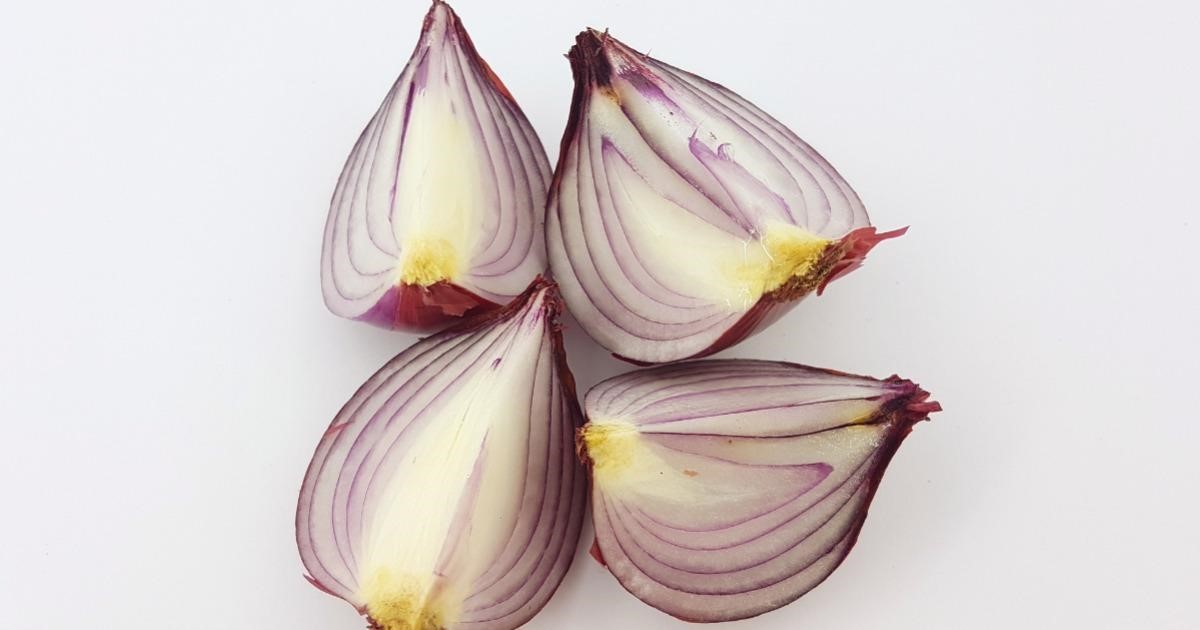
4. Red Onions
While not as sweet as sweet onions, red onions are on the sweeter side of the scale due to their higher sugar content. They’re delicious in potato salads and on tacos. They’re also a common topping on BBQ pizza.
They are arguably the most tolerable onion to eat raw. However, if you want to roast red onions, go ahead.
They are the most resistant to grilling among all onions. Because of the sugar, they are also a good choice for caramelizing, but their taste would be slightly different from yellow onions.
5. Shallots
You can use shallots the same way as other onions, but they are smaller and milder. When you peel them, you’ll probably find a pair of pods in each.
Moreover, they always add a narrow and sharp taste to your plate, though their flavor is more subtle.
You might also like:Luffa: Everything you need to know
Health Benefits of Onions:
1. Packed with Nutrients
Onions are nutritional, which means they have little calories but a lot of vitamins and minerals. A medium onion contains just 44 calories but offers many fiber, vitamins, and minerals.
Onions are also high in B vitamins, including folate (B9) and pyridoxine (B6), all of which are important for metabolism, red blood cell development, and nerve conduction.
2. Enriched with Antioxidants
Antioxidants are molecules that prevent oxidation, which causes tissue damage and contributes to diseases such as cancer, diabetes, and heart disease. Onions are a good source of antioxidants. They have over 25 different forms of antioxidant flavonoids
Red onions include anthocyanins, which are flavonoid-family plant pigments that give red onions their deep color.
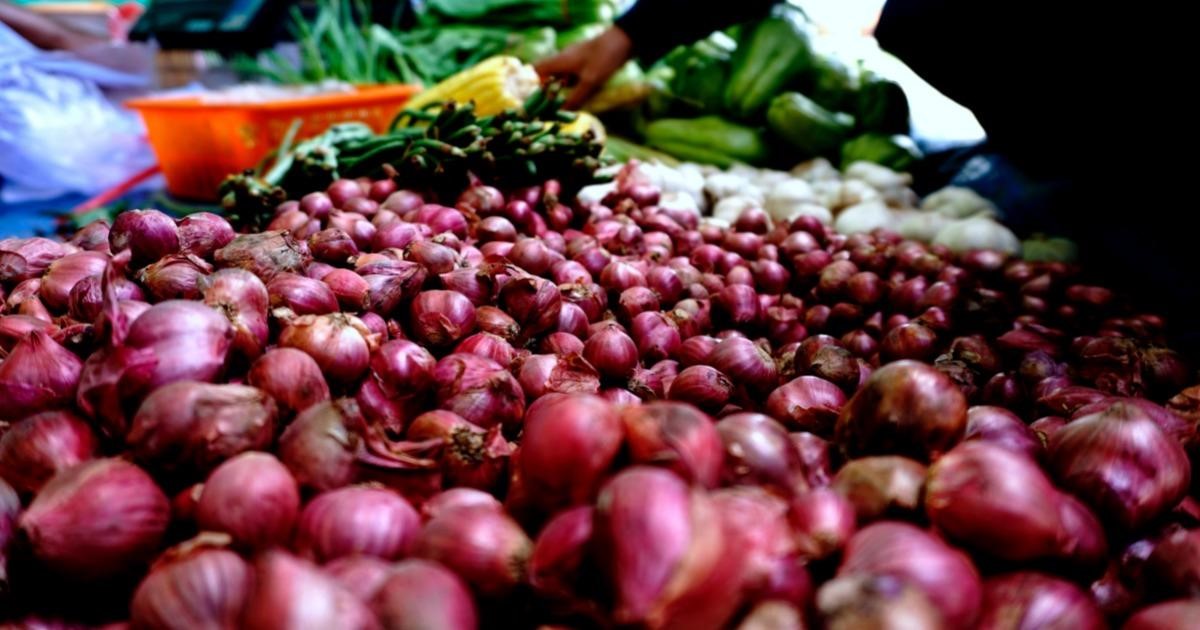
3. Anticancer Compounds
Eating Allium vegetables, such as garlic and onions, has been attributed to a reduced incidence of some cancers, including stomach and colorectal cancer.
4. Nosebleed remedy
Placing a small piece of onion beneath the nostril followed up by inhaling stops or slowdowns a nosebleed.
5. Controlling Blood Sugar
Eating onions may aid in blood sugar control, particularly for people with diabetes or prediabetes. Specific onion compounds, such as quercetin and sulfur compounds, have anti-diabetic properties.
Eating onions can help reduce high blood sugar levels due to the numerous beneficial compounds found in them.
6. Onions are Antibacterial
Onions combat potentially are harmful bacteria such as E. coli, Pseudomonas Staphylococcus aureus (S. aureus), and Bacillus cereus
Development Vibrio cholera to inhibit an extract of onion, which is a significant public health problem in developing countries.
Quercetin derived from onions appears to be a highly effective antibacterial agent.
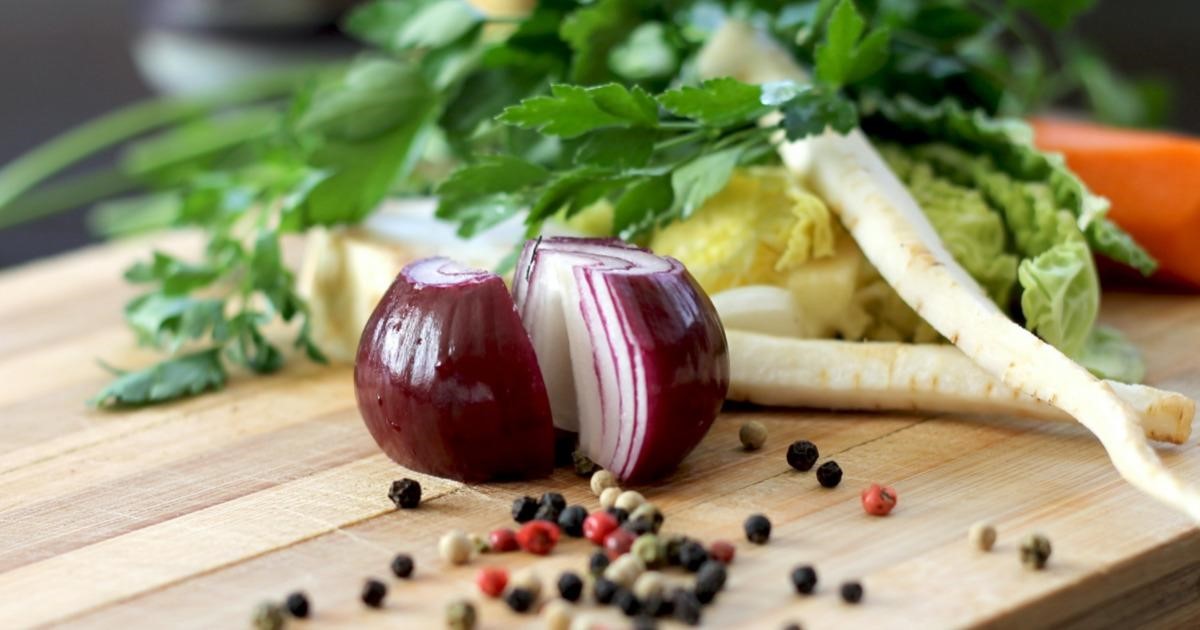
7. Improve digestive health and Immune system
Onions are high in prebiotics, which helps improve digestive health, bacterial equilibrium in the gut, and the immune system.
Onions are high in fiber and prebiotics, all of which are important for good gut health. Prebiotics are fibers that are nondigestible and are broken down by healthy gut bacteria.
Gut bacteria consume prebiotics and produce short-chain fatty acids such as acetate, propionate, and butyrate. A prebiotic-rich diet can aid in absorbing essential minerals such as calcium, which may improve bone health.

Onions are high in prebiotics, including inulin and fructooligosaccharides. Both aid in the number of beneficial bacteria in your gut and in improving immune function.
8. Improves vision
Conjunctivitis is very normal at this time of year. The selenium in onions aids in the development of vitamin E, which in turn helps prevent this debilitating eye condition. Some natural eye drops contain onion juice extracts.
9. Dazzling and Enigmatic Skin
Do you know that you can use a touch of onion juice in your face pack to get lustrous, pimple-free skin?
Onions are high in vitamins A, C, and K, all of which are needed for beautiful skin. These vitamins not only help you get rid of discoloration, but they also shield you from dangerous UV rays.
10. Heart Health
Onions are high in flavonoids and thiosulfates. What precisely do these do, you might ask yourself at this point.
The flavonoids in onions tend to lower bad cholesterol in your body, and thiosulfates are known to maintain blood consistency normal, almost like a blood thinner.
As a result, the risk of heart disease and stroke is significantly reduced. According to a Cambridge University Press paper, the flavonoids found in red onions help lower LDL or bad cholesterol levels.
Frequently asked questions about onions:
1. Is onion a vegetable?
Onions are often misidentified as fruits because onion bulbs may be used to propagate new onion plants vegetatively.
However, an onion is a vegetable since fruits have seeds, while vegetables do not. The origins of an onion plant, on the other hand, are contained in flowers that grow above ground.
Onion has one of the best soups of all vegetables if you want to know more about onion recipes, click here for a guide on making a delicious stew using onions.
2. What is the best way to store onions?
Onion comes in various sizes, shapes, and colors, each with its own set of cooking applications. Proper storage is critical to ensure that onions last long.
Whole onions should be kept in a cold, dry, dark, and well-ventilated place. The pantry, cellar, basement, or shed are all good options.
On the other hand, you can keep onion in the fridge for 10–14 days without spoiled moreover, and cooked onions can be held in the fridge for three to five days or frozen for up to three months.
3. What’s the best month to plant Onions?
Mid-March to mid-April is the perfect time to sow onion sets. It is best to wait until April to plant red onion sets because they are more vulnerable to bolting, and a later planting can help.
4. What are the side effects of eating onions?
Some of the downsides of eating onions are as follow:
- Eating onions can cause poor breath and an unpleasant odor in the body.
- Onion allergy is uncommon, but raw onion intolerance is common. Any individual can have allergic reactions when they encounter onions, regardless of whether they are allergic to consuming them.
- Individuals suffering from IBS are often intolerant of FODMAPs and may choose to avoid onions. Onions include FODMAPs, a form of carbohydrate and fiber that many people cannot handle.
- Eye pain and tear production are the most common problems when preparing and chopping onions. When an onion is sliced, the cells emit a gas known as the lachrymatory factor.
- The gas stimulates nerves in your eyes, causing a stinging feeling, accompanied by tears, which are created to flush out the irritant.
The bottom line:
The health benefits of onions are remarkable. These nutrient-dense vegetables contain potent compounds that can lower the risk of cardiovascular disease and some cancers.
Furthermore, they are adaptable and can be used to enhance the taste of any savory dish. Using more onions in your diet is a simple way to improve your overall well-being.
Click here or here to read more about the benefits of onions.
Healthy eating!
Reference:
https://www.suchtv.pk/health/item/94456-5-benefits-of-onion-that-will-surely-surprise-you.html
https://www.lybrate.com/topic/benefits-of-onion-and-its-side-effects
https://www.livestrong.com/article/546291-side-effects-of-eating-onions/


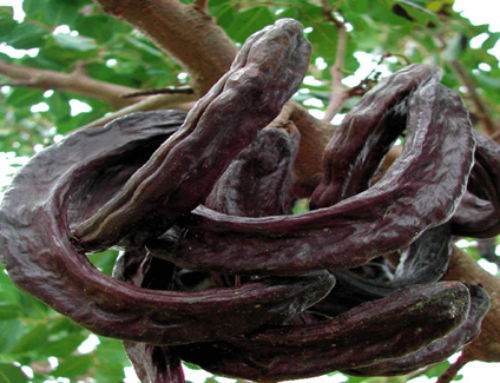

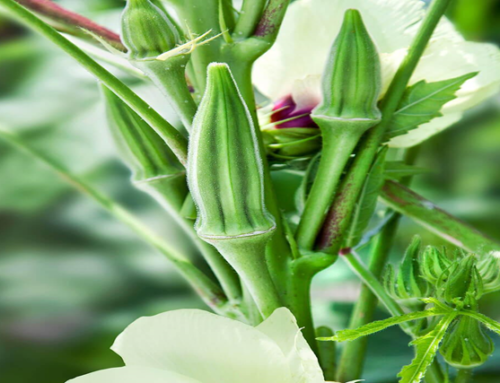
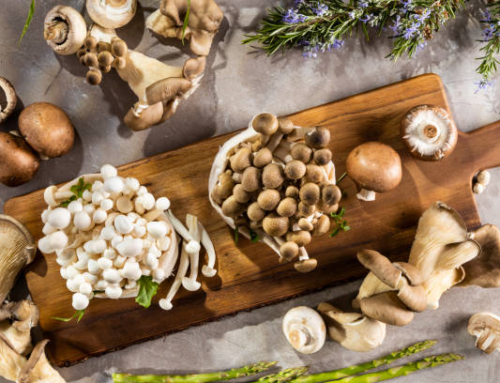
Leave A Comment